Economic and Policy Analysis
“What are the policy options?” “Who is affected?” “What are the costs and benefits?” We help decision-makers answer these questions using a multitude of decision tools, including financial and economic impact modeling, survey design and implementation, statistical analysis, and market and econometric modeling. We apply these tools to help decision-makers define policy options and evaluate the costs and benefits of these policies on economies, industries, communities, and individuals, as well as society as a whole. We have researched and developed plant, firm, industry, and market models covering every major industrial sector. From Coast Guard rules on shipboard waste disposal practices, to assessing the safety of imported pharmaceutical ingredients, to wage and hour rules, to offshore drilling practices, to studies of the costs and benefits of mammograms, we’ve been there. We also help academic institutions and other organizations measure their performance and profitability through productivity, operations cost, and revenue analyses. Our staff includes Ph.D. economists/econometricians, social scientists, survey experts, program evaluation specialists, and financial analysts.
Regulatory Impact Analysis and Rulemaking Support
- Regulatory scope
- Industry profiles
- Baseline industry practices
- Producer and consumer surplus estimation
- Benefit identification and quantification
- Government Performance and Results Act (GPRA)
- Paperwork Reduction Act (PRA)
- Small Business Regulatory Enforcement Fairness Act (SBREFA)/Regulatory Flexibility Act (RFA)
- Unfunded Mandates Reform Act (UMRA)
- Office of Management and Budget (OMB) guidance
- Executive Orders
- 12866 and 13248 (Regulatory Review)
- 13045 (Children's Health)
- 13211 (Energy Supply, Distribution, and Use)
- 13212 (Actions to Expedite Energy-Related Projects)
- 13272 (Proper Consideration of Small Entities in Agency Rulemaking)
- Public comment documentation, management, and response
- Litigation support
Benefit-Cost Analysis
- Marginal cost analysis
- Distributional cost analysis
- Life-cycle costing
- Industry-specific tax considerations
- Benefit identification and quantification
- Benefit monetization
- Present value analysis of benefits stream
Cost-Effectiveness Analysis
- Efficient options
- Marginal cost and effects
- Cost and health impacts modeling
Financial Analysis
- Discounted earnings before interest and taxes and cash flow analysis
- Present value analysis
- Affordability analysis
- Corporate financial health
Statistical/Econometric Modeling and Analysis
- Industry-specific market and multi-market models
- Linear and non-linear regression modeling (using cross-sectional, time-series, and panel data)
- Factor, principal component, and cluster analysis
- Probability modeling
- Simulation models
Input-Output Analysis
- Direct effect inputs
- Regional input-output modeling system
- Community, regional, and national impacts
Data Collection and Management
- Statistical survey and sample design
- OMB clearance
- Data collection (mail, phone, Web)
- Data management
- Focus groups
- Expert elicitations
- Data analysis
Ecosystem Service Valuation
- Benefit transfers
- Choice experiment modeling and contingent valuation
- Stakeholder identification and assessment
- Outreach to decision-makers
Projects

New Mexico Clean Vehicle and Clean Transportation Fuel Regulations
New Mexico Environment Department
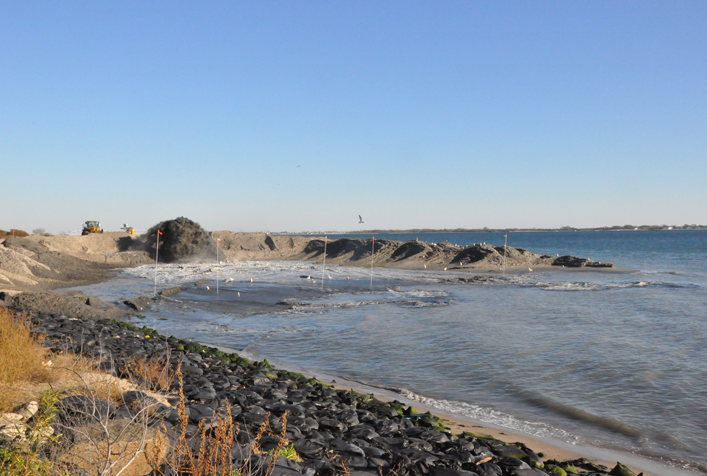
Economic Benefits of NOAA Resilience Grants
National Oceanic and Atmospheric Administration

Estimating the Economic Impact of NIST Grant Investments in Developing the Nationwide Public Safety Broadband Network
National Institute of Science and Technology

Market Analysis for Oregon’s Ocean Resources and Blue Economy Sector
Oregon Business Development Department

Support for the Gulf of Mexico Regional Ecosystem Restoration Strategy
U.S. Environmental Protection Agency

Estimating the Value of Restoring Ecosystem Services Following Superstorm Sandy
National Oceanic and Atmospheric Administration

Superstorm Sandy Choice Experiment Valuation Survey
National Oceanic and Atmospheric Administration
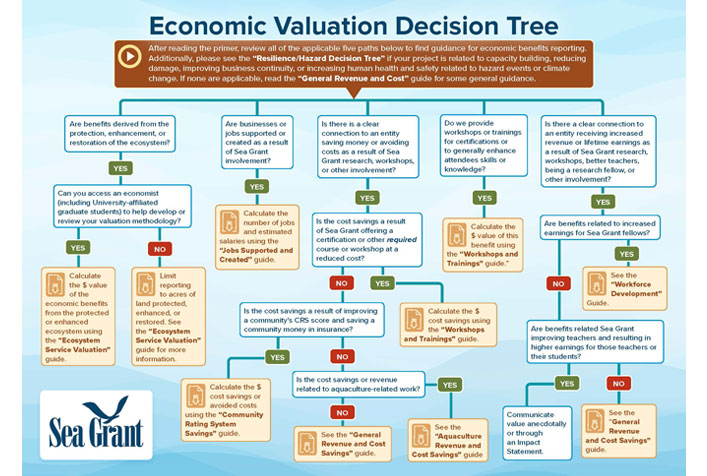
Assessing the Value and Economic Impacts of Coastal Engagement and Resilience Projects
National Oceanic and Atmospheric Administration, Sea Grant

Assessment of the Economic Impact of the NOAA Fleet in Oregon
Economic Development Alliance of Lincoln County

Survey of Drug Importer Practices
U.S. Food and Drug Administration

Survey of Pharmaceutical Manufacturers, Processors, and Packagers
U.S. Food and Drug Administration

COVID-19 Food Facility Assessment Survey Tool
Massachusetts Department of Public Health
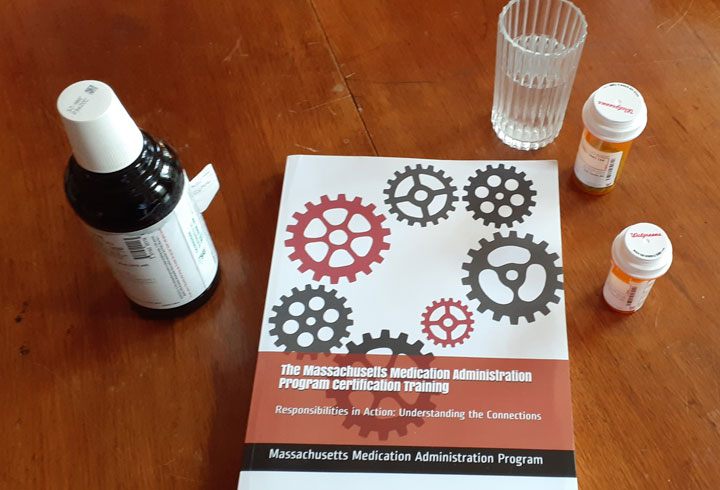
Evaluation and Recommendations for the Massachusetts Medication Administration Program (MAP)
Massachusetts Department of Public Health
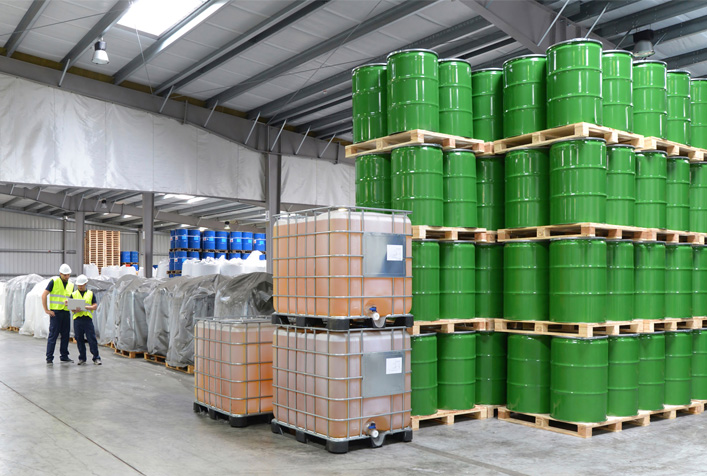
Economics Analysis of Reporting Requirements Under the Toxic Substances Control Act
U.S. Environmental Protection Agency

Economic Analysis to Support Final PCB Phase-Out
U.S. Environmental Protection Agency

Estimating the Market Demand for Personal Chemical Monitoring Devices
Environmental Defense Fund

Evaluating the Potential Impacts of Different Clinical Trial Strategies on Drug, Preventive Vaccine, and Therapeutic Complex Medical Device Development
U.S. Department of Health and Human Services

Modeling the Cost of Developing a Complex Therapeutic Medical Device for the U.S. Market
U.S. Department of Health and Human Services

Modeling the Economic Value of Space Weather Information
National Oceanic and Atmospheric Administration

Cost of Generic Drug Development and Approval
U.S. Department of Health and Human Services

Estimating the Value of National Weather Service Impact-Based Decision Support Services
National Weather Service

Regulatory Analysis Support for Updating Regulations under the Davis-Bacon and Related Acts
U.S. Department of Labor

Input-Output Analysis
U.S. Department of the Interior
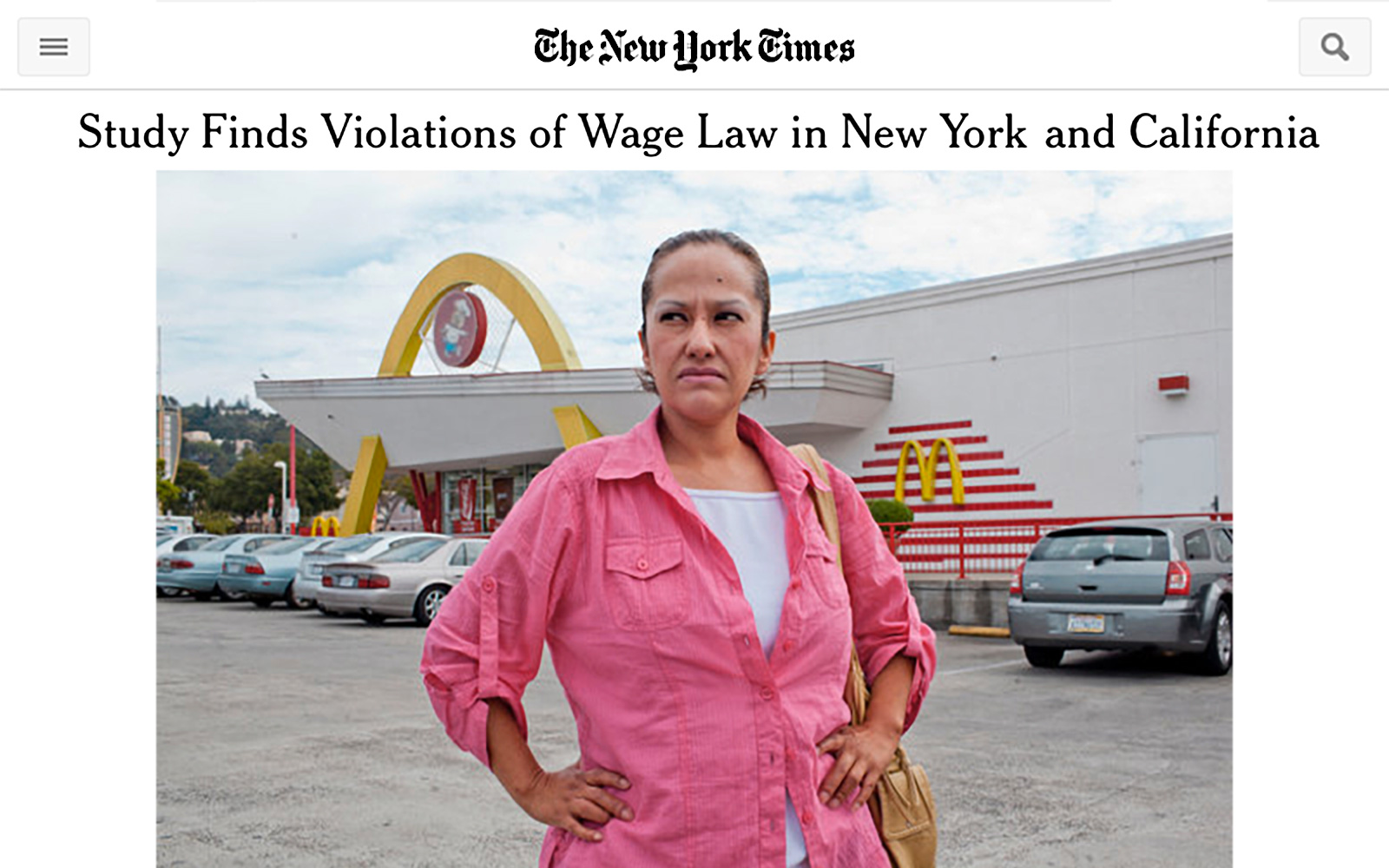
Estimating the Impact of Wage Violations on Minimum Wage Workers
U.S. Department of Labor
Service Area Leads

Every data collection is unique. I enjoy developing innovative solutions to gather the data that ERG relies on in support of healthier, safer, and more sustainable systems. My role at ERG extends across multiple service areas, allowing me to collaborate with a wide range of clients and colleagues and continually take on new challenges.

A core aspect of my work involves applying my toolbox of analytical techniques to generate novel and creative ways to meet our clients’ data and research needs. This often involves learning new subject matter. I greatly enjoy this process as it feeds my natural curiosity and is very satisfying to deliver products that can help improve public health.

Over my many years of work as an economist, I have learned that dialogue with clients, stakeholders, policymakers, and regulators is invaluable for providing information, real-world perspective, and nuance that is not available from any other source. These interactions help ensure that my analyses ring true with interested parties on all sides of an issue.

I always appreciate when our government clients ask us to help them quantify the benefits and costs of actions they are considering. The more complex assignments, such as accurately characterizing behavioral changes under multiple compliance scenarios, put a premium on our creativity and experience.

At ERG, our economic projects often take us into uncharted territory where standard, regularly collected data are few or unavailable and the analytic path to answer our client’s questions is not obvious. This is exactly where I like to be! I find it deeply satisfying to explore new territory, address unique challenges, and use my expertise and creativity to develop approaches that provide meaningful, defensible results.

As an economist, I have come to appreciate that the qualitative context—including co-benefits, benefits distribution, environmental and health impacts, and social and political obstacles—can be as essential to decision-making as the numerical outputs. I enjoy working holistically with my government and community clients to determine how best to meet their needs and communicate the results.

The questions agencies need to answer generally are not straightforward. I greatly enjoy using my econometric skills to inform policy decisions and find it very fulfilling to use creative problem-solving in addressing my clients’ most challenging questions.

I love using data to help clients make smarter decisions because it’s where my mix of analytical expertise, passion for digging into details, and creative problem-solving all come together. For me, it’s about turning curiosity into clarity and working side by side with clients to build solutions that make programs better.

I am grateful for the opportunity to work with our clients because I believe deeply in their mission. I have always enjoyed statistics and analysis, but the critical step is telling a broader story that gets to the heart of the client’s research questions. One of the things I value most about ERG is our culture of using our subject matter expertise to think from the client’s perspective so that their broader goals can drive meaningful work.

Agencies tend to manage what can be readily measured, but with a large toolbox of analytical and data collection techniques and some creativity, so much more is possible! I leverage a background in economic and statistics with the use of survey data collection approaches to generate valid and reliable data to enhance decision-making. Each project I work on, I strive to combine rigorous analysis with effective communication.

I’m particularly drawn to the human dimension of our work. I value gathering stakeholder input to help ensure that our work integrates the experiences and perspectives of the people central to the topic or issue we are exploring.

Economic analysis has been my field ever since my early 20s, when I first discovered its complexities, potential, and power. At ERG, I’ve had the good fortune to work with great colleagues and clients to research issues and develop solutions for a wide variety of highly consequential public health questions. It has been a consistent joy to do work that is not only impactful but also a path of continuous learning and deepening.